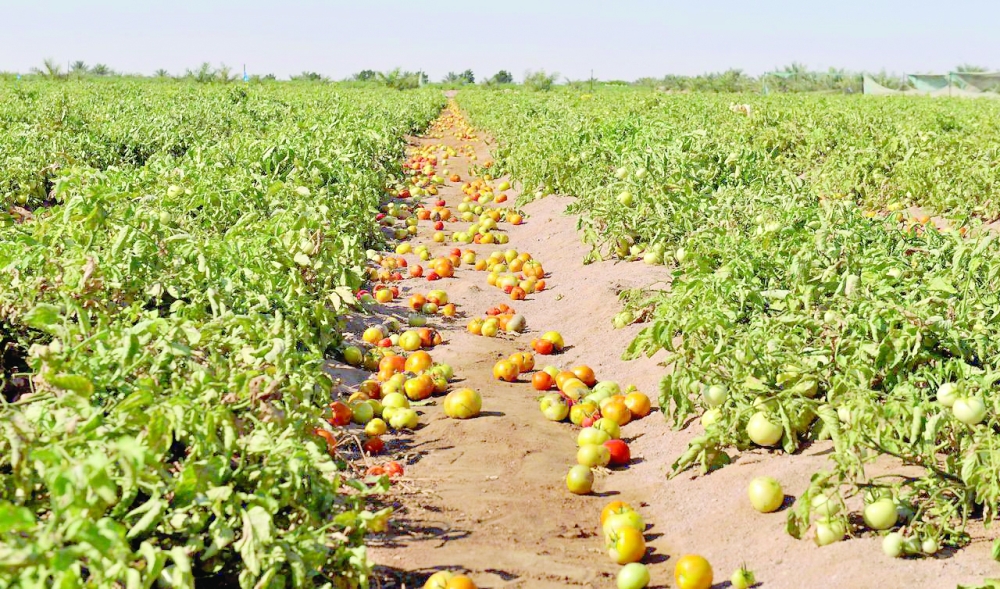

The Najd area of Dhofar Governorate has the potential to evolve into Oman’s predominant agriculture and farming hub provided its development is part of a carefully considered long-term strategy, according to studies done on behalf of various regulatory and stakeholder entities in the governorate.
Contributing to these observations have been the Directorate General of Housing and Urban Planning in the Governorate of Dhofar; Dhofar Municipality; Directorate General of Agriculture, Fisheries and Water Resources; Dhofar Integrated Services Company; Najd Agricultural Development Office; Petroleum Development Oman; and the Department of Mining in Dhofar.
Any strategy, experts involved in these studies have stressed, should take into account the need for, among other things, cultivation of only strategically imported crops, and efficient control and use of the region’s limited water resources.
A development strategy, they have further stressed, should result in significant economic benefits in the form of farm employment, farm processing and value adding activities, related supply chain and cold chain logistics, contribution to food security, and potential exports as well.
The government has already made extensive investments in the development of commercial agriculture in the Najd region. Numerous experiments have shown that Najd has a suitable environment for agricultural crops such as root crops, including garlic, onions and potatoes, some citrus fruits (agave and lemon), as well as frankincense. The area can also host year-round vegetables in greenhouses and field crops outside the summer months (May-July).
Any initiative to expand agriculture in the area should incorporate the updated development strategy aimed at attracting local and international agribusiness companies that can set up commercial plantations. Such large-scale commercial farming projects, it is pointed out, can be undertaken as a partnership between the public and private sectors, including the Oman Food Investment Holding Company (Nitaj) for example.
Furthermore, by designating the area as a Special Economic Zone, emphasis can be placed on the feasibility and commercial viability of crops cultivate in the area, water use, climatic conditions, market prices and import competitiveness – factors that also contribute to food security.
The studies and recommendations also call for assessing the potential for forage production, farm meat and dairy production and even livestock production. Additionally, the observations underline the need for more reliable procedures for assessing the availability of groundwater to enable long-term planning.
The belt of traditional farms in Salalah has important cultural and traditional value besides the production of fruits and vegetables that are difficult to grow in other parts of the country.
Emphasis must be placed on multi-tiered farms and relatively high value crops, new technologies to increase production, effective crop management and efficient use of water.
To help augment the incomes of farmers, it is also proposed that corridors be created to attracted tourists to the area.
Oman Observer is now on the WhatsApp channel. Click here



